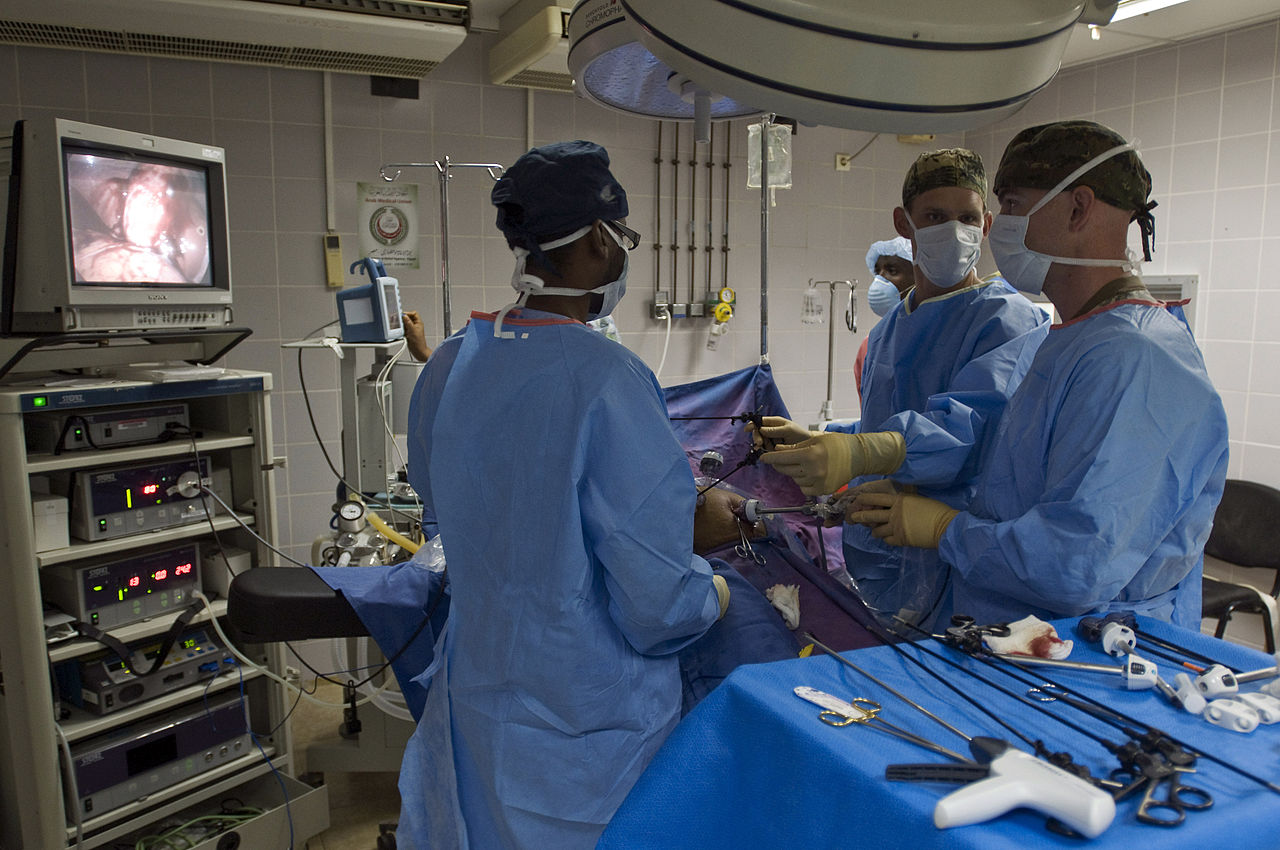Medical malpractice related to the cleaning of reusable medical devices continues to cause serious harm to patients
 Inappropriate cleaning of medical devices especially the cleaning of flexible endoscopes continue to be a significant cause of deaths and serious injuries to patients.
Inappropriate cleaning of medical devices especially the cleaning of flexible endoscopes continue to be a significant cause of deaths and serious injuries to patients.
Not adequately processed reusable devices are a main conduit for healthcare associated infections which according to previous reports have caused at least 2 million infections and the death of 90,000 patients.
A previous study at 3 large American hospitals and published in the American Journal of Infection Control found that more that 70% of reusable medical scopes ready for use on patients tested positive for bacteria.
The snakelike duodenoscope that is inserted in the upper part of the intestine through the mouth of the patient is one of the most unsafe reusable medical devices. While it is an amazing tool to diagnose pancreatic and bile duct diseases, it is one of the most difficult medical device to clean. Even when following the manufacturer cleaning protocol which usually requires the duodenoscope to be cleaned by hand and then put through a machine using chemicals to kill microorganisms, some bacteria still remain. As a results hundreds of patients are getting infected during procedures. Some infections are easy to to treat but others that are antibiotic resistant, are almost impossible to get rid off and can seriously harm patients.
For many years now, patient safety advocates have asked the FDA to require manufacturers to develop models that can be proprely sterilized and some even suggest to take all duodenoscopes off the market (see previous article in the New York Times).
Recently, in Infection Control Today, infection control expert Linda Spaulding, RN, BC, CIC, CHEC, CHOP said in an interview that the tracking process at many hospitals was nonexistent or only recorded on pen and paper. Many hospitals don’t know what scope is used on which patients she said. She recommends the creation of a web enabled platform that would facilitate tracking of the usage and the cleaning of scopes.
The ECRI Institute has very detailed guidelines on how reusable medical devices should be reprocessed.
Picture of an endoscopic surgery: courtesy of Wikipedia
 New York Personal Injury Attorneys Blog
New York Personal Injury Attorneys Blog


